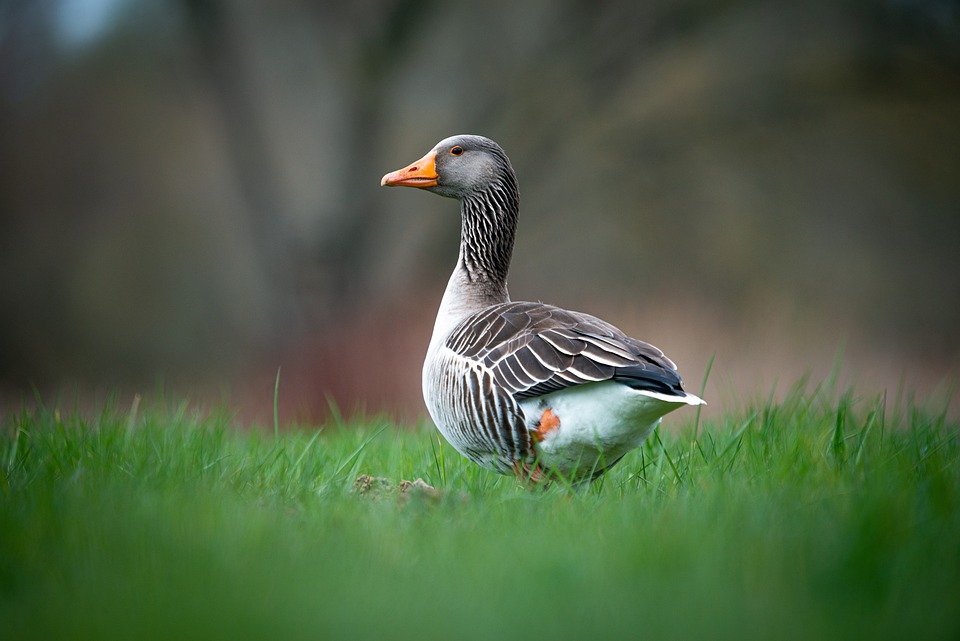In a groundbreaking discovery, scientists have observed a male Sumatran orangutan named Rakus using a plant with healing properties to treat a wound on his face. This behavior, documented by biologists in the wild, is believed to be the first instance of a wild animal utilizing a medicinal plant for wound treatment.
Rakus was seen chewing the leaves of a climbing plant known as Akar Kuning and applying the resulting mixture onto a wound on his right cheek. The orangutan carefully selected and chewed the leaves before applying the mixture precisely to the injured area, below his right eye. Remarkably, there was no sign of infection in the following days, and the wound healed completely within a month.
The Akar Kuning plant, found in tropical forests of South East Asia, is known for its pain-relieving and anti-inflammatory effects. It is commonly used in traditional medicine to treat various ailments such as dysentery, diabetes, and malaria. The plant’s chemical compounds were found to contain alkaloids with antibacterial, anti-inflammatory, and antioxidant properties that are beneficial for wound healing.
Dr. Isabelle Laumer, a primatologist and cognitive biologist at the Max Planck Institute of Animal Behaviour, noted that Rakus likely sustained the wound during a fight with a neighboring male. The orangutan was observed resting more than usual after being wounded, which Dr. Laumer explained positively affects wound healing by increasing growth hormone release, protein synthesis, and cell division during sleep.
One intriguing aspect of this discovery is how Rakus came to know of Akar Kuning’s healing properties. Orangutans at the research site rarely consume the plant, leading researchers to speculate that Rakus may have accidentally discovered its benefits by touching his wound while feeding on the plant. This serendipitous discovery highlights the potential for animals to self-medicate using natural remedies in the wild.
The findings of this study, published in the journal Scientific Reports, have significant implications for understanding the evolution of wound medications in humans. By observing wild animals like Rakus using medicinal plants, researchers can gain insights into the origins of traditional medicine practices. This discovery also underscores the importance of preserving natural habitats like the protected rainforest area in Indonesia, which is home to critically endangered species like the Sumatran orangutan.
In conclusion, the observation of Rakus using Akar Kuning to treat his wound sheds light on the remarkable abilities of wild animals to self-medicate. This unique behavior not only showcases the intelligence and resourcefulness of orangutans but also provides valuable insights into the potential benefits of natural remedies for wound healing. As we continue to study and protect endangered species like the Sumatran orangutan, we may uncover even more fascinating discoveries about the natural world around us.





